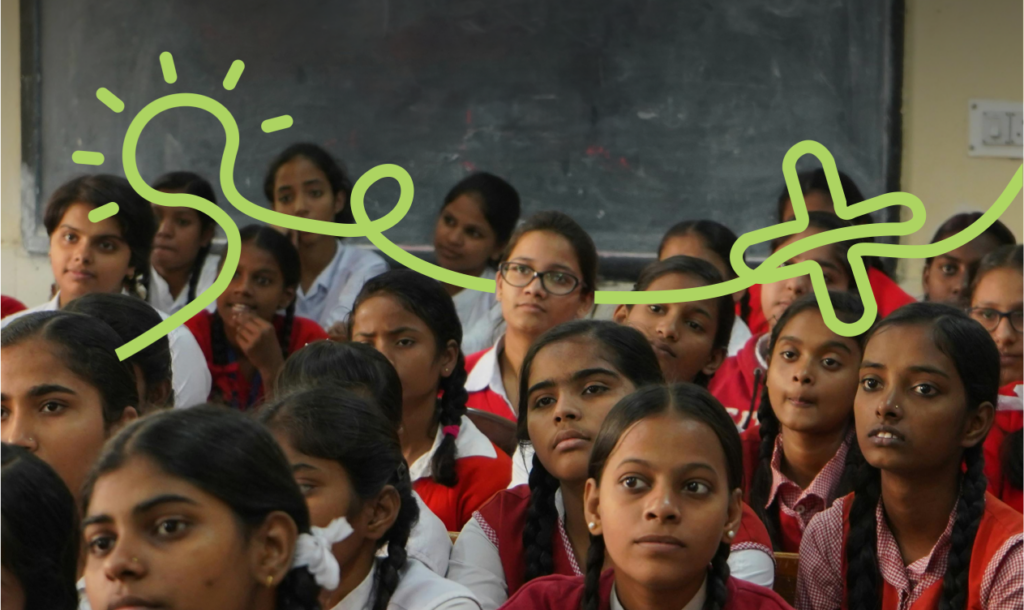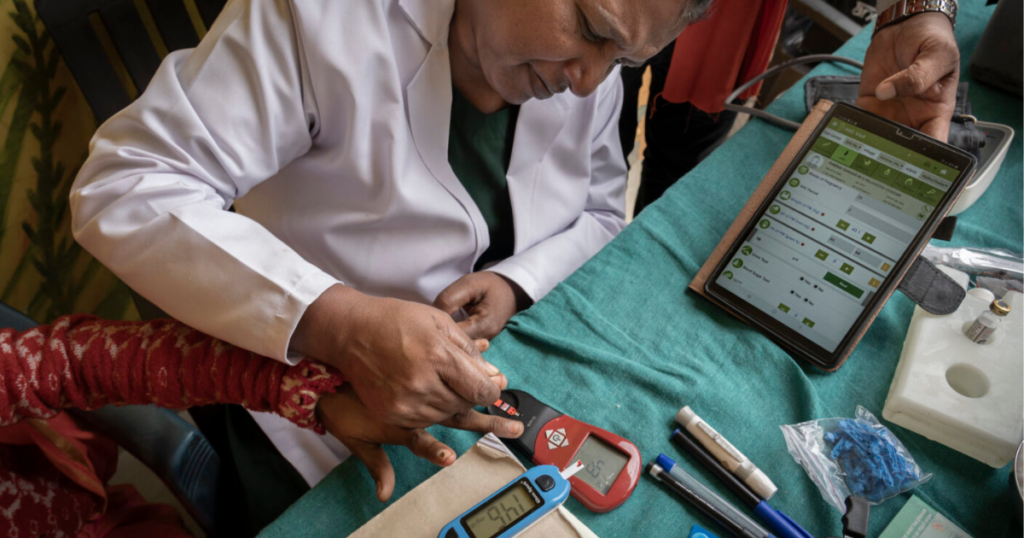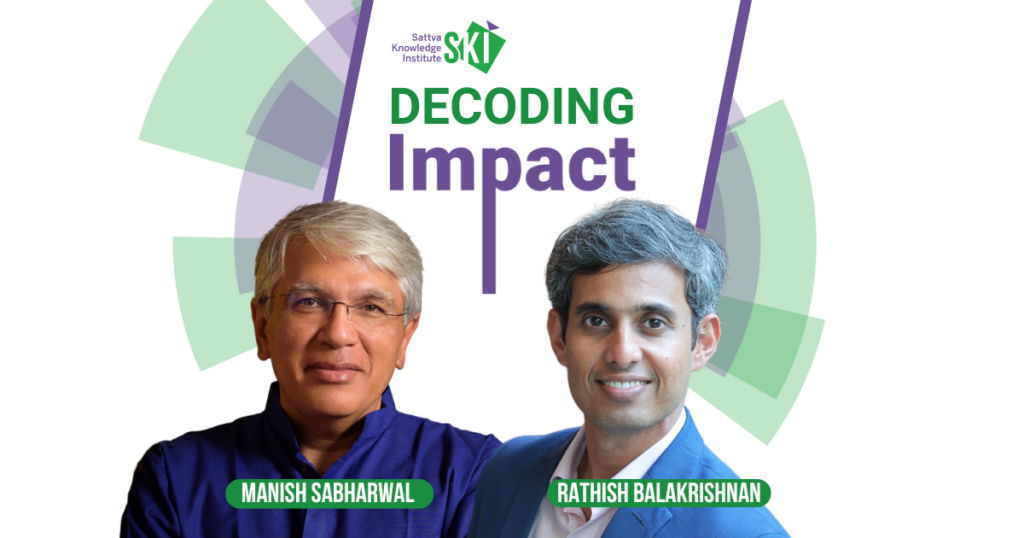Digitalisation has been a crucial cornerstone of new-age economic and employment models.
That nearly 90% of jobs today already involve a digital component underscores the everincreasing
“digital embeddedness” in the emerging work and workplace structures. As such, the prevalence of any kind of digital divide poses a challenge, both from the standpoints of productivity and inclusivity. The gender digital divide worsens, keeping almost half of the ‘willing and employable population’ outside the labour force. Therefore, the imperative for digital skilling of women in India is hardly an understatement. Although India’s digitalisation rate surged from 10% in 2019 to 55% in 2020, only 27.5% of its youth aged 15-29 are considered “digitally skilled”. In fact, India accounts for nearly half of the global gender digital gap. In a country that is expected to have one billion smartphone users by 2026, only 31% of women own a mobile phone compared to 60% of men. Closing this gap alone could boost global economic activity by $524 billion over the next five years.
Today, digital skills are conceived and understood in a narrow, limited sense restricted to merely building fundamental digital skills. However, the digital skill spectrum spans from fundamental skills (basic to advanced) to digital literacy to full-fledged digital citizenship, covering both practical and cognitive aspects of the digital ecosystem. A host of structural and systemic challenges impedes attaining digital skills and capabilities. While structural challenges range from gender biases to affordability issues to regional disparities, systemic challenges include government apathy, insufficient teacher training and deficient school infrastructure – limiting girls’ access and participation in the digital ecosystem. The perspective highlights five hurdles that contribute to the gender digital divide: lack of gender-responsive policies, poor access to and affordability of digital infrastructure, inadequate teacher training and low level of digital skills among youth, online safety of girls, and the lack of mindset-shifting interventions for communities.
Government programmes such as the Rural Digital Saksharta Abhiyan, the National Digital Literacy Mission, and the recently launched Skill India Digital (SID) platform seek to bridge overall digital skill gaps with a pan-India approach to their implementation. However, these schemes lack a gender-specific focus.
This perspective explores interventions by several organisations that take a more nuanced approach to making digital literacy initiatives more gender-inclusive. Pi Jam Foundation works towards a sustainable holistic ecosystem to ensure digital equity and nurture 21st-century skills like problem-solving and computational thinking in young students. Peepul, in coordination with the Madhya Pradesh government, takes a systemic approach by creating gender-sensitive curricula and focusing on teacher training – their efforts are made scalable with technology integration. Centre for Catalysing Change’s mission is to equip and empower around 10,000 adolescent girls from rural, tribal and vulnerable regions of Jharkhand and Chhattisgarh through their digital literacy programmes such as Akanksha and Badhtey Kadam. On the other hand, organisations such as Milaan serve to bridge the gap between parents and their understanding of the benefits of technology, addressing parental fears and concerns through workshops and personal discussions.
Similarly, the Bharat EdTech initiative, a collaboration of 18 organisations, ensures girls’ digital access by involving parents in their technology-assisted learning journey. The project enables parents to understand the importance of equipping girls with smartphones that can further improve their academic performance. The promise shown by these programmes underscores the need for further action and makes a strong case for scaling up such interventions at the national level.
Dr Shweta Gaur, Harshita Kumari, Sarayu Mathur, and Siddharth Rout
- Dr Prerna Kumar, Head-Public Policy, Convergent View Research and Consultancy Private Limited
- Ms Priya Iyer, Independent Consultant (Education)
- Rati Misra, Executive Director, Milaan Foundation
- Javed Abbas, Associate Director – Programmes, Milaan Foundation
- Pragya Bisen, Programme Manager, Milaan Foundation
- Shruti Venkatesan, Engagement Manager, Bharat Ed Tech Initiatives, Sattva Consulting
- Shubham Singh, Senior Project Manager, Peepul
- Abhay Singh Yadav, Project Manager, Peepul
- Pranjali Pathak, Program Lead, Pi Jam Fpundation
- Shoaib Dar, Founder, Pi Jam Foundation




